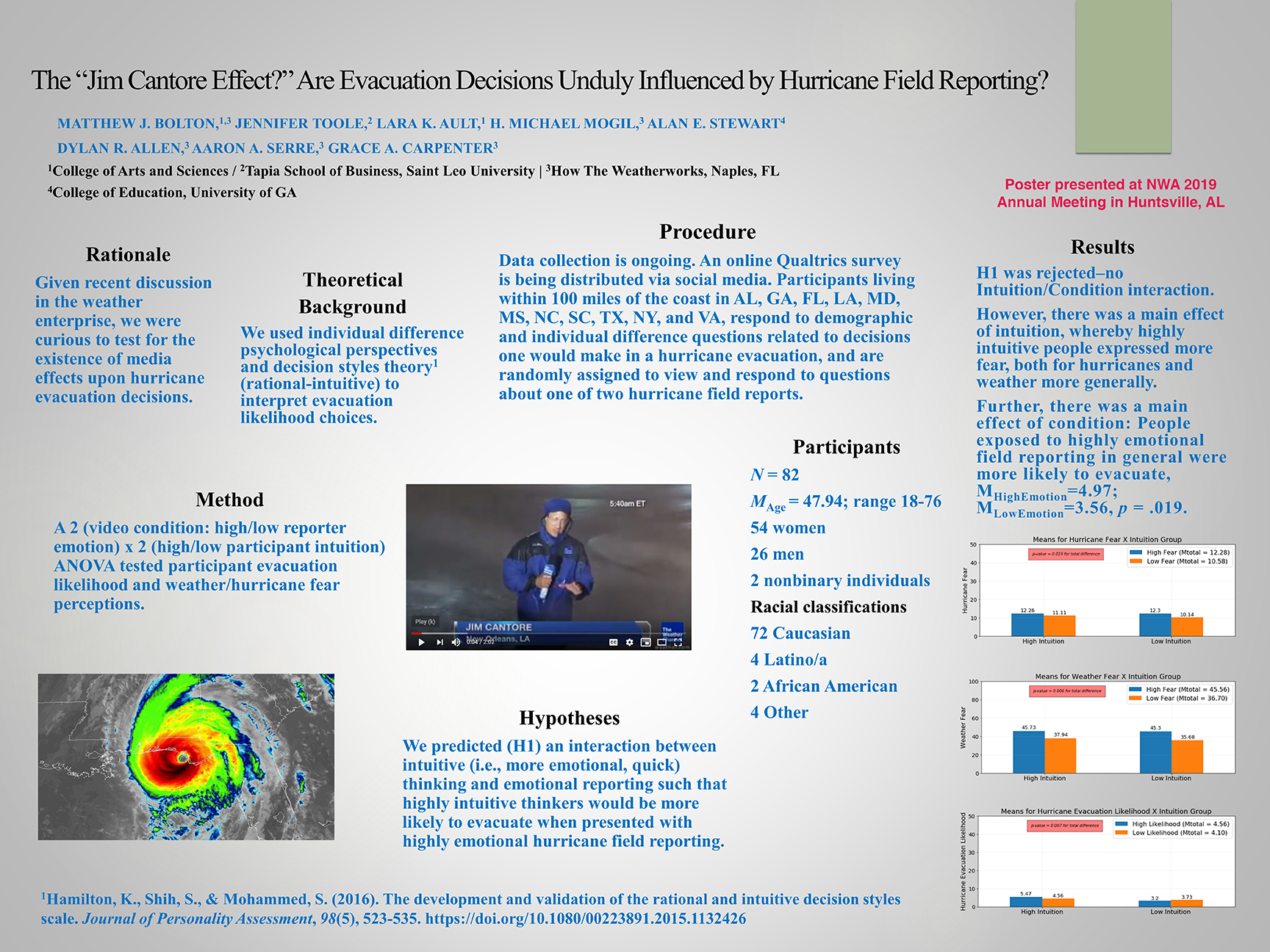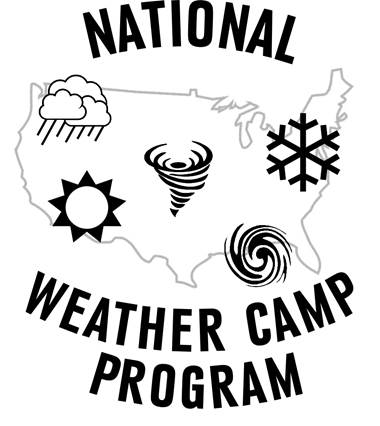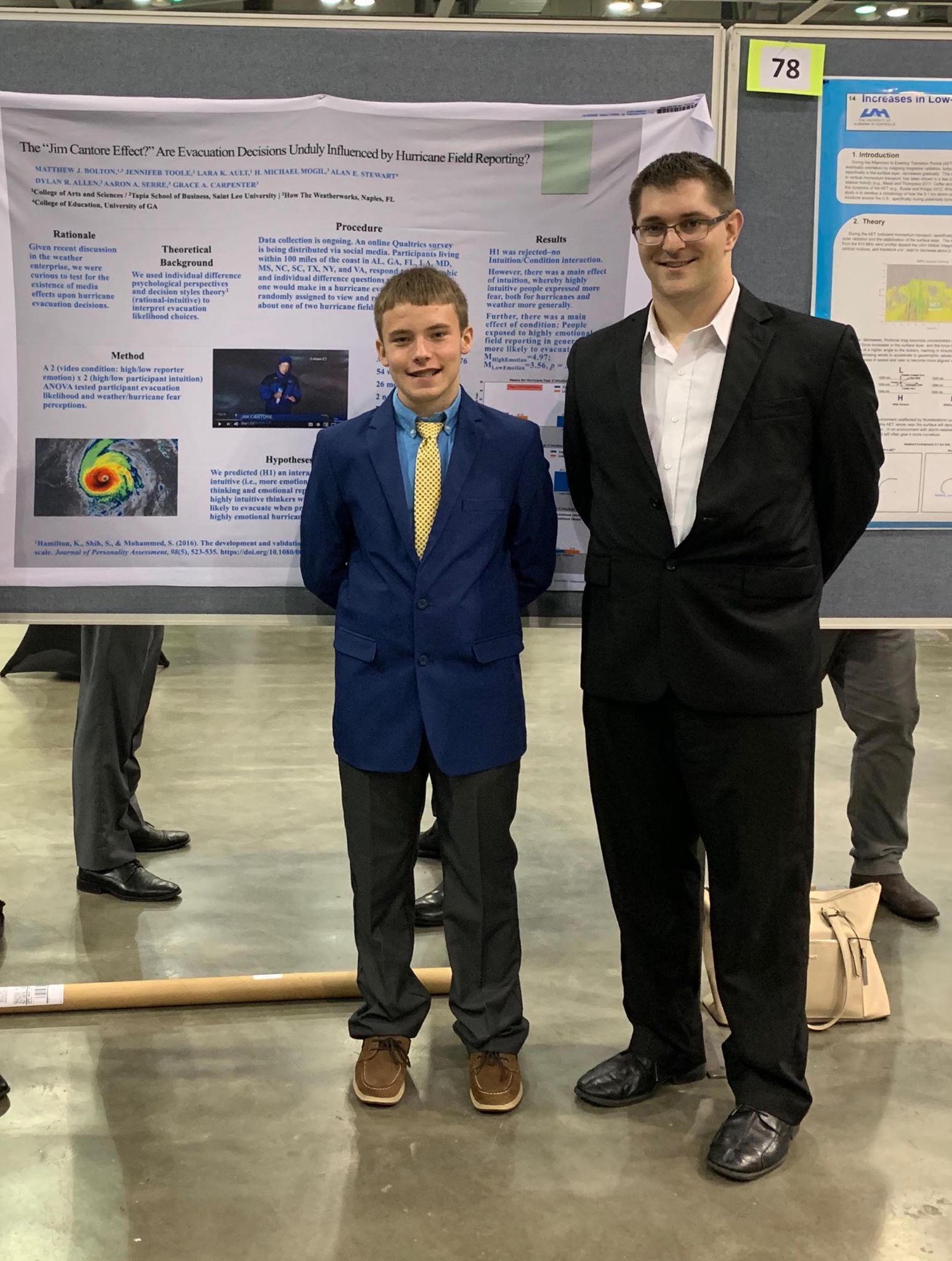Welcome to the Southwest Florida (SWFL) Weather Camp Program web page. In addition to finding information about our ongoing weather camp programs, we have included information about weather camps we are aware of that operate across the U.S.
The SWFL Weather Camp is predicated on bringing real learning about weather and related disciplines (e.g., climate, oceanography, geography) to students from 6th to 12th grades. We specifically target our camps to students with a passion about weather; however, we also focus on students involved in scouting, 4-H, and Civil Air Patrol programs, as well as those students that simply have a science interest.
This year (2020), due to COVID-19, we have taken our camp experience to a virtual level. During the June - August 2020 period, we'll be offering two middle and two high school camps. These low-cost camps will be fully interactive and will engage students in numerous activities, discussions, and data gathering/sharing projects. Participants will also have the opportunity to continue to reap the benefits of the camp program through ongoing mentoring and college/career guidance following attendance at the formal camp program.
Full details (including a complete camp program description, a list of FAQs, and application and release forms) are now available (see box to the right). You can also contact H. Michael Mogil (camp director) at 240-426-2900 or weathercamps@weatherworks.com to discuss any aspect of the camp program.










